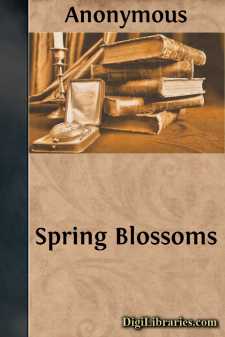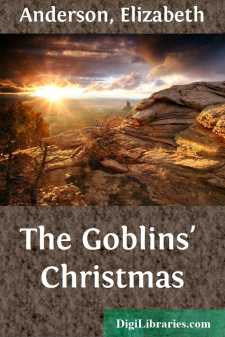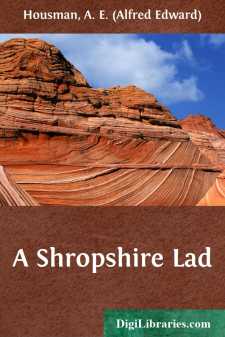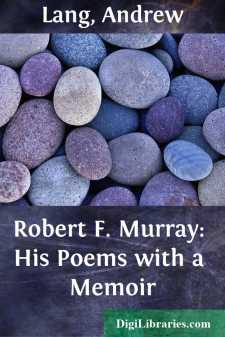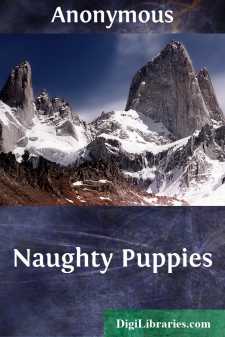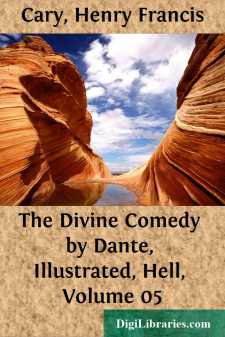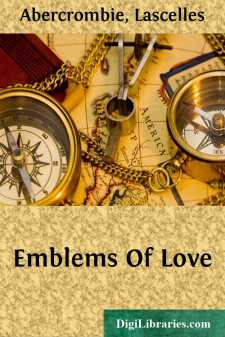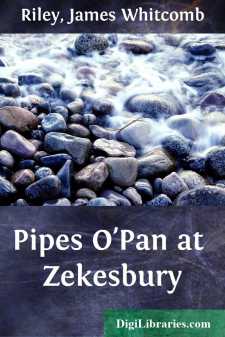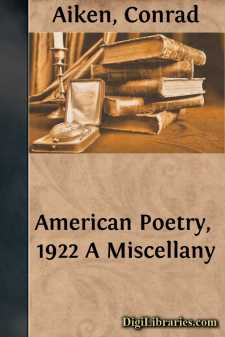Poetry Books
Sort by:
by:
Anonymous
SPRING BLOSSOMS. Here, for the infant minds, fair spring,Blossoms of bright truth we bring,Seeds of virtue there to sow,Ere a single weed can grow. Here may you learn how sweet the bliss,To worship nature’s loveliness,Escaping through her flow’ry charm,Each thought or wish to do a harm. For when the tender buds of truth,Expand within the minds of youth,They cast a bloom around the heartThat will...
more...
upon a time I visited Fairy-land and spent a day in Goblin-town. The people there are much like ourselves, only they are very, very small and roguish. They play pranks on one another and have great fun. They are good natured and jolly, and rarely get angry. But if one does get angry, he quickly recovers his good nature and joins again in the sport. If a Goblin should continue angry he would take on some...
more...
The Tongues of ToilDo you hear the call from a hundred lands.Lords of a dying name?We are the men of sinewed handsWhom the earth and the seas acclaim.We are the hoards that made you lords.And gathered your gear and spoil.And we speak with a word that should be heard—Hark to the tongues of toil! The power of your hands it falls at last,The strength of your rule is o'er,Where the might of a...
more...
INTRODUCTION The method of the poems in A Shropshire Lad illustrates better than any theory how poetry may assume the attire of reality, and yet in speech of the simplest, become in spirit the sheer quality of loveliness. For, in these unobtrusive pages, there is nothing shunned which makes the spectacle of life parade its dark and painful, its ironic and cynical burdens, as well as those images with...
more...
by:
Andrew Lang
R. F. MURRAY—1863-1893 Much is written about success and failure in the career of literature, about the reasons which enable one man to reach the front, and another to earn his livelihood, while a third, in appearance as likely as either of them, fails and, perhaps, faints by the way. Mr. R. F. Murray, the author of The Scarlet Gown, was among those who do not attain success, in spite of qualities...
more...
by:
Anonymous
NAUGHTY PUPPIESTiny and his Parents.There were two little puppy dogs,“Tiny” named, and “Toodles,”Who got into all kinds of scrapes,Like little foolish noodles.Tiny was a brownish dog,And Toodles was a white one;And Tiny had a cunning eye,And Toodles had a bright one.Tiny played all kinds of tricks.For which his parents chid him:And Toodles did—poor, foolish pup—Whatever Tiny bid him....
more...
CANTO IX THE hue, which coward dread on my pale cheeksImprinted, when I saw my guide turn back,Chas'd that from his which newly they had worn,And inwardly restrain'd it. He, as oneWho listens, stood attentive: for his eyeNot far could lead him through the sable air,And the thick-gath'ring cloud. "It yet behoovesWe win this fight"—thus he began—"if not—Such aid to us...
more...
PRELUDE Night on bleak downs; a high grass-grown trench runs athwart the slope. The earthwork is manned by warriors clad in hides. Two warriors, BRYS and GAST, talking. Gast.This puts a tall heart in me, and a tuneOf great glad blood flowing brave in my flesh,To see thee, after all these moons, returned,My Brys. If there's no rust in thy shoulder-joints,That battle-wrath of thine, and thy good...
more...
PIPES O' PAN AT ZEKESBURY The pipes of Pan! Not idler now are they Than when their cunning fashioner first blew The pith of music from them: Yet for you And me their notes are blown in many a way Lost in our murmurings for that old day That fared so well, without us.—Waken to The pipings here at hand:—The clear halloo Of truant-voices, and the roundelay The waters...
more...
by:
Conrad Aiken
A FOREWORD When the first Miscellany of American Poetry appeared in 1920, innumerable were the questions asked by both readers and reviewers of publishers and contributors alike. The modest note on the jacket appeared to satisfy no one. The volume purported to have no editor, yet a collection without an editor was pronounced preposterous. It was obviously not the organ of a school, yet it did not seem...
more...


